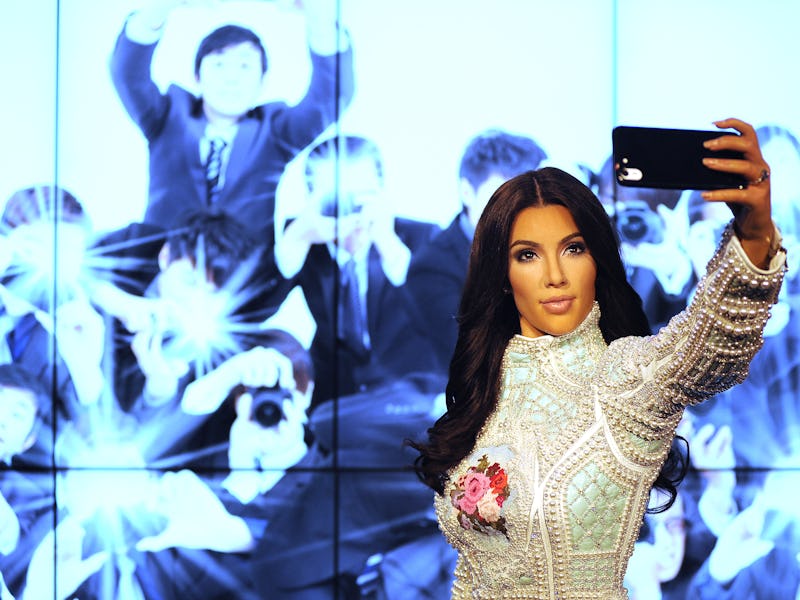What Loneliness Does To Your Brain
Loneliness and self-centeredness feed each other in a vicious cycle.

When we get hurt, our brain is telling us to relax and recover. When we get lonely, our brain is telling that maybe it’s time to mend our relationships.
That’s the evolutionary explanation for feelings of loneliness put forth in 2006 by John Cacioppo, a cognitive and social neuroscientist from the University of Chicago — loneliness is the psychological alert system analogous physical feelings of pain. From that, Cacioppo makes the logical leap that these lonely people tend to be more self-centered, as the lack of interpersonal relationships gives them more time and attention to focus on themselves. Without a community looking after them, they are solely responsible for their own welfare.
In new research published Tuesday in Personality and Social Psychology Bulletin, John and neuroscientists Stephanie Cacioppo and Hsi Yuan Chen found that this was the case; loneliness does in fact lead to increased self-centeredness. But also, they were surprised to find that the opposite was true as well. The more self-centered someone was, the lonelier they were likely to become in the future.
This may put a thorn in the side of Cacioppo’s evolutionary model, which suggests that people would be motivated to lessen their loneliness.
By running an eleven-year longitudinal study on about 230 Chicagoans between the ages of 50 and 68, the researchers rated the levels of loneliness and self-centeredness that each person displayed each year. Even after controlling for other factors that might lead to negative feelings like old age or signs of depression, the team found that a high rating of loneliness in any given year predicted a high-rating of self-centeredness in the next year. They also measured the same phenomena but in reverse, with self-centeredness preceding a rise in loneliness, forming what seems to be a vicious cycle of isolation from one’s community.
While loneliness can provide some short-term benefits like an increased awareness of one’s own needs and having more time and focus dedicated to meeting them, it can mess people up in the long term. After a decade of increasing loneliness and isolation, signs of depression and otherwise more negative outlooks become more common.
Given that the Cacioppos found that thirty percent of adults felt constant loneliness, they point out that better understanding how loneliness arises in people could help lit a burden off of the health care system. In the meantime, they’re conducting other studies to figure out the neuroscience of loneliness – how it affects our brains, hormones, genes, and behavior.
While a little bit of time to yourself sounds nice and may help you focus, try not to let it get out of hand. Call your mother.
Abstract:
Loneliness has been posited to increase the motivation to repair or replace deficient social relationships and, seemingly paradoxically, to increase the implicit motivation for self-preservation. In the current research, we report a cross-lagged panel analysis of 10 waves of longitudinal data (N = 229) on loneliness and self-centeredness (as gauged by Feeney and Collins’s measure of chronic self-focus) in a representative sample of middle-aged and older adults. As predicted by the proposition that loneliness increases the implicit motivation for self-preservation, loneliness in the current year predicts self-centeredness in the subsequent year beyond what is explained by current-year demographic variables, self-centeredness, depressive symptomatology, and overall negative mood. Analyses also show that self-centeredness in the current year (net covariates) predicts loneliness in the subsequent year, a reciprocal relationship that could potentially contribute to the maintenance of loneliness. Theoretical and practical implications are discussed.